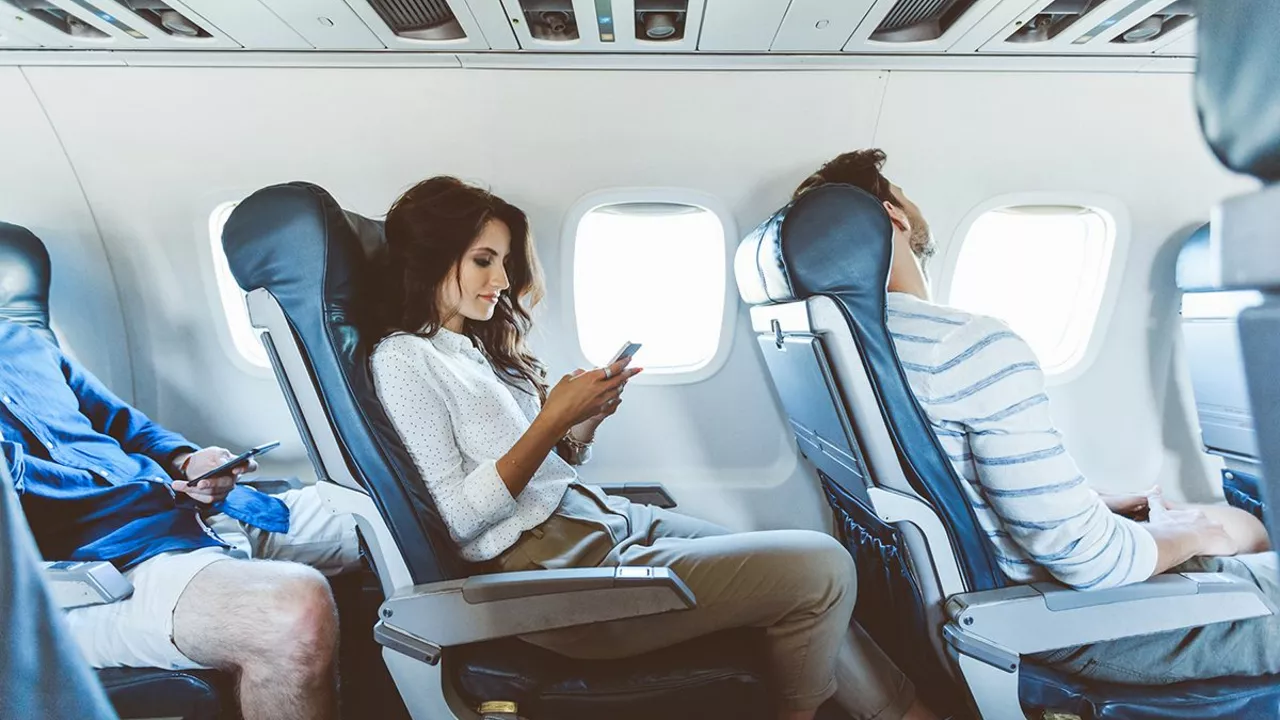Understanding Airline Alcohol Policies
Traveling can be a stressful experience, and some people might have a drink or two to ease the tension. Airlines generally do not have a problem with passengers consuming alcohol, as long as they do not become disruptive. However, there are strict rules and regulations regarding alcohol consumption on flights, both domestic and international. These policies vary by airline, but generally speaking, passengers are not allowed to become intoxicated on flights.
It’s important to note that airlines have the right to refuse to board a passenger who is visibly intoxicated. This is for the safety and comfort of all passengers on board the flight. Be sure to check the specific alcohol policy of the airline you are flying with before you travel.
Effects of Alcohol at High Altitudes
Did you know that alcohol has a stronger effect on your body at high altitudes? This might come as a surprise to some, but it's true. The low pressure environment inside an airplane can cause alcohol to have a greater effect on the body than it would at ground level. This means that even a small amount of alcohol can lead to intoxication.
Besides this, alcohol can dehydrate your body and exacerbate the effects of jet lag. It’s always a good idea to stay hydrated during a flight and limit your alcohol consumption to avoid any unnecessary discomfort.
Legal Implications for Drunk Passengers
Getting drunk on a plane isn't just frowned upon, it's illegal. According to the Federal Aviation Administration (FAA), it is a federal offense to be intoxicated on an aircraft. If found guilty, a passenger can face hefty fines, imprisonment, or both.
Not to mention, airlines have the right to divert their flight to remove drunk passengers, which can lead to additional charges for the cost of the diversion. These laws are in place to ensure the safety of everyone on board the flight.
Tips to Avoid Over-Consumption on Flights
It's easy to get carried away and have one too many drinks, especially if you're nervous about flying. However, there are some simple steps you can take to avoid over-consumption. Firstly, eat before you drink. Having food in your stomach can slow down the absorption of alcohol.
Secondly, stay hydrated. This can help counter the dehydrating effects of alcohol and the dry air inside the plane. Lastly, pace yourself. It's a good idea to wait at least an hour between drinks. This gives your body time to process the alcohol.
Dealing with Drunk Passengers
If you find yourself dealing with a drunk passenger, it's important to stay calm and not engage with them. Alert a flight attendant as soon as possible. They are trained to handle these situations and can take the appropriate action.
Remember, your safety and comfort are the airline's priority. They will do everything they can to minimize any disruption caused by a drunk passenger.
Real-Life Incidents Involving Drunk Passengers
Unfortunately, there have been several reported incidents involving drunk passengers on flights. These incidents often result in the flight being diverted, and the drunk passenger being arrested upon landing. Not only does this cause inconvenience for the other passengers, but it also results in significant costs for the airline.
These real-life incidents serve as a reminder of the serious consequences of getting drunk on a plane.
Conclusion: Understanding Your Limits
In conclusion, while airlines do allow passengers to consume alcohol, it's important to understand your limits and to drink responsibly. Not doing so can lead to serious legal consequences and cause unnecessary disruption for other passengers.
So, the next time you're on a flight and fancy a drink, remember the effects of alcohol can be stronger at high altitudes, and always drink in moderation.
